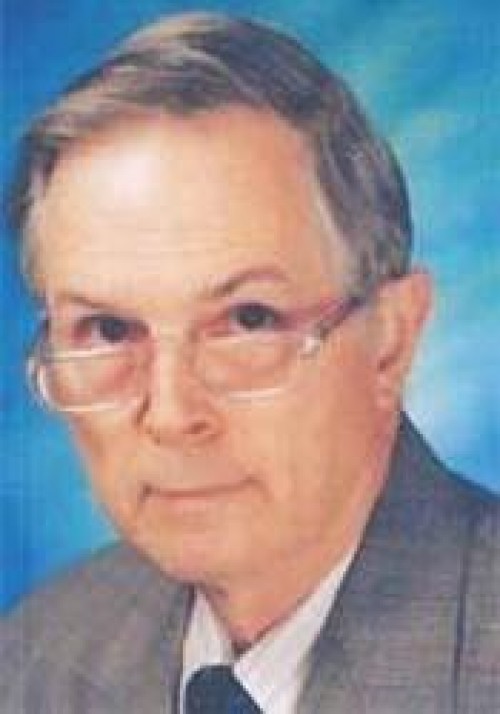
Cleveland Verdin
May 26, 2008
Dr. Charles "Chuck" Binford
May 28, 2008Growing up in Cajun country did not make Jared Arsement aware of the disappearance its culture and the land that produced it.
He needed an outsider’s perspective to take action.
“I’m sure I watched a video in biology lab at UNO about coastal erosion,” he said. “I probably slept through it.”
The 26-year-old Lafayette native made his directorial debut with the documentary “Paradise Faded: The Fight for Louisiana.”
The film explores the causes, effects and possible solutions to the loss of Louisiana’s coastal wetlands and the impact of hurricanes Katrina and Rita in 2005.
Arsement interviews Cajuns, politicians and scientists, along with archival footage and a fact-finding trip to the Netherlands to frame the issues.
“It’s an important issue; the story is incredible,” he said. “I had to make this film.”
Despite having a Cajun father (Chris) and a mother from New Orleans (Susie), the issue did not take root with Arsement until after he graduated in 2004 from the University of New Orleans film school.
While on vacation, he read Mike Tidwell’s book, “Bayou Farewell: The Rich Life and Tragic Death of Louisiana’s Cajun Coast.”
He was so moved by Tidwell’s account that he abandoned the light comedies he planned to make to tackle coastal erosion.
“It made more of an impact for someone with no personal connection to say these things than if a local had,” Arsement said.
After nearly two-years of fundraising, production started in February 2006, and he had a rough copy done by September. The film made its premier in January 2007 in Baton Rouge.
Researching the topic gave Arsement a clear indication how to approach the film.
“I got of these videos from the Department of Natural Resources and America’s Wetlands,” he said. “I thought they did a good job explaining the science, but nobody’s putting it in a personal way where I would go. Damn right we deserve better. Our culture is worth saving.”
The highpoint the 67-minute film is a montage comparing President Lyndon B. Johnson’s response to Hurricane Betsy in 1965 to President George W. Bush’s response to Hurricane Katrina in 2005.
“That was not something I was looking for; it just feel into my lap,” said Arsement.
He discovered a White House recording of President Johnson and former Louisiana senator Russell Long discussing the destruction caused by Betsy.
“To hear hear (Long) talk to the president like, ‘We’re not interested in your best man.’ I listened and was like, ‘Wow, this is good stuff,’ Arsement said.
Two hours after the senator’s phone call in 1965, Johnson and the Louisiana congressional delegation were on Air Force One heading to New Orleans; a vast difference, Arsement, to the four day-delay before federal officials arrived and President Bush flew over New Orleans after Hurricane Katrina.
Arsement hopes viewers gain an understanding for the complexities of the issues involved and the sacrifices needed to be new to fight wetlands destruction.
“We can’t let one guy continue his way of life for the next 10-50 years at the cost that in 50 years the coast will be gone for everybody,” he said. “That’s a tough thing to tell people.”
Eventually, Arsement will make the comedies he envisioned as a film student.
For now, he would like do documentaries on Cajun culture and Louisiana music.
Filming a way of life disappearing before his eyes has sparked a light that Aresement said will never go out.
“I want it to not only be educational, but also a tribute to the people of Louisiana and the culture.”









